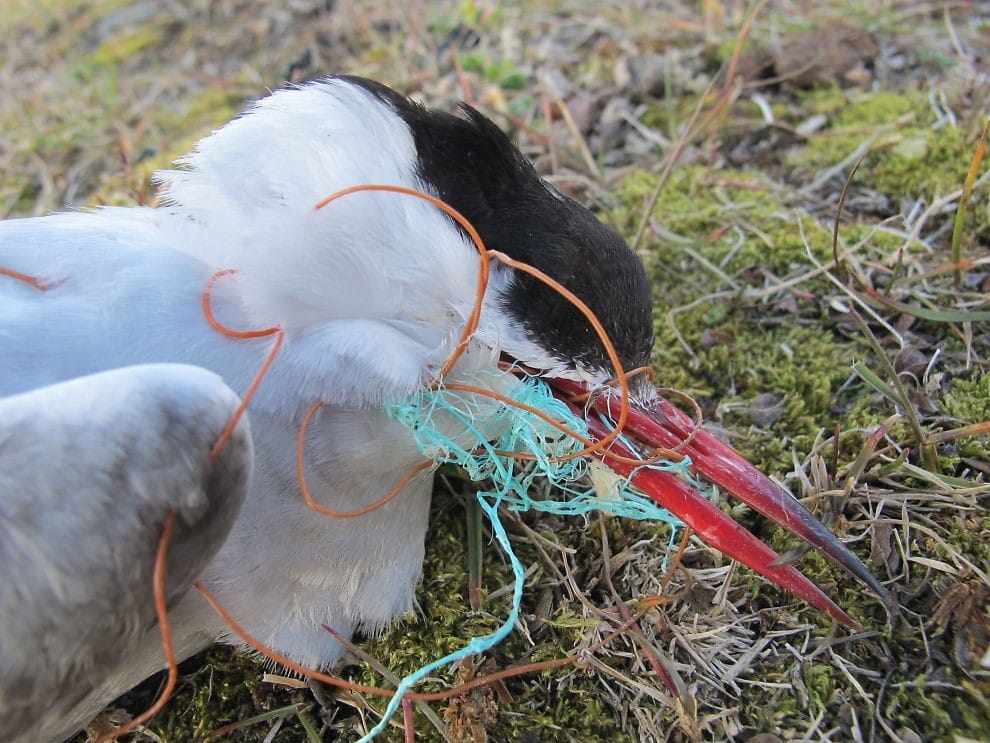What policies exist to prevent #Arctic #seabirds being entangled/ingesting #plasticpollution?
Learn more in this #openaccess paper published in @FACETSJournal today
Review of plastic pollution policies of Arctic countries in relation to seabirds https://www.facetsjournal.com/doi/10.1139/facets-2020-0052#.X_d-2w-eZYY.twitter
Learn more in this #openaccess paper published in @FACETSJournal today
Review of plastic pollution policies of Arctic countries in relation to seabirds https://www.facetsjournal.com/doi/10.1139/facets-2020-0052#.X_d-2w-eZYY.twitter
Marine #plastic is a ubiquitous environmental problem that can have an impact on a variety of marine biota, such as #seabirds, making it an important concern for scientists and policy makers.
Although research on plastic ingestion by #seabirds is increasing, few studies have examined policies and long-term monitoring programs to reduce marine plastic in the #Arctic .
This paper reviews international, national, & regional policies & long-term monitoring programs that address marine plastic in relation to seabirds in the Arctic countries: Canada, the Kingdom of Denmark, Finland, Iceland, Norway, the Russian Federation, Sweden, and the US.
Results show that a broad range of international, national, regional and local policies address marine debris, specifically through waste management and the prevention of pollution from ships.
However, few policies directly address seabirds and other marine biota. Further, policies are implemented inconsistently across regions, making it difficult to enforce and monitor the efficacy of these policies given the long-range transport of plastic pollution globally.
To reduce marine plastic pollution in the Arctic environment, pan-Arctic and international collaboration is needed to implement standardized policies and long-term monitoring programs for marine plastic in the #Arctic and worldwide.

 Read on Twitter
Read on Twitter